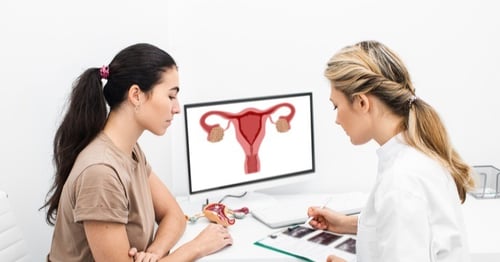BRIP1 Gene Mutations: Cancer Risk
Cancer Risk Associated with Inherited Mutations
Experts at the National Comprehensive Cancer Network (NCCN) created guidelines which estimate the cancer risks for people with mutations. These cancer risk estimates are updated based on the latest research.
If you have tested positive for a mutation, we recommend you speak with a genetics expert who can look at your personal and family history of cancer and can help you decide on a plan for managing your cancer risk.
, ovarian and primary peritoneal cancer risks
People with a mutation have a 5-15% lifetime risk of , ovarian or primary peritoneal cancer. These three cancers are related and are often referred to together as ovarian cancer.
Other cancer risks for people with a mutation
There is not yet enough research to conclude that a mutation is associated with an increased risk of other adult-onset cancers. Research on the risk for cancer in people with mutations is ongoing.
It is important to note that cancer risks are estimates over the course of a person's lifetime. Your lifetime risk and risk over the next five years will vary depending on:
- current age
- gender
- specific mutation
- personal and family health history
- diet, exercise, lifestyle and other factors
